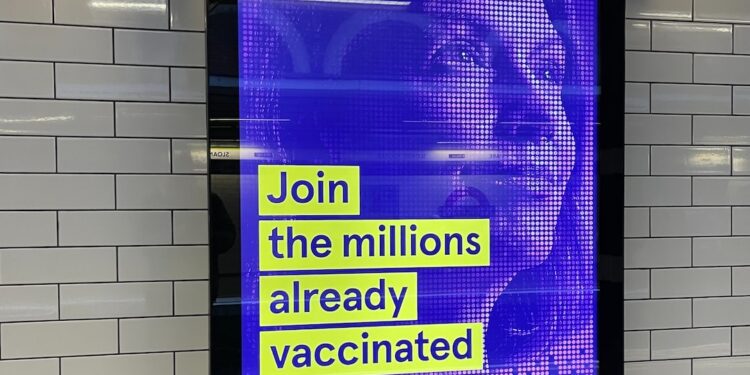Media Censorship and its Effect on Freedom of Speech
Freedom of speech is one of the fundamental liberties enshrined in many democratic societies around the world. It allows individuals to express their opinions, ideas, and beliefs without fear of censorship or punishment. However, media censorship has become a growing concern, leading to debates about its impact on freedom of speech.
Media censorship refers to the control, regulation, or suppression of mass media content by governments, institutions, or individuals. It can take various forms, including outright censorship, editorial control, content restrictions, or even self-censorship by media outlets fearing repercussions. While it is argued that censorship ensures the dissemination of responsible and accurate information, it often undermines the principles of freedom of speech and the democratic values it upholds.
One of the primary consequences of media censorship is the stifling of dissenting voices and opinions. In any democratic society, the diversity of ideas and perspectives is crucial for a healthy public discourse. However, when censorship restricts the free flow of information, it limits citizens’ ability to access alternative viewpoints. This creates a monolithic media landscape, where only the official narrative is allowed, leading to homogeneity of thought and a narrowing of the public debate.
Moreover, media censorship can also perpetuate misinformation and propaganda. When governments or institutions control the narrative, they have the power to manipulate information dissemination to suit their interests. This may involve suppressing news critical of the government, distorting facts, or disseminating propaganda to influence public opinion. The lack of media transparency can create a disoriented public, contributing to the erosion of trust and fostering an environment of misinformation and fake news.
Additionally, media censorship can have a chilling effect on investigative journalism and reporting on sensitive topics. Journalists often act as watchdogs, holding those in power accountable for their actions. However, when media outlets face the threat of censorship or punishment, journalists become reluctant to pursue hard-hitting stories, fearing the backlash that may follow. This self-censorship compromises the crucial role of the media in exposing corruption, abuse of power, or other societal issues. Ultimately, it weakens democracy by limiting the public’s access to vital information.
In some cases, media censorship extends its reach beyond suppressing information to violating individual privacy and freedom. Governments and authoritarian regimes may use censorship as a tool to suppress dissent, monitor citizens’ activities, and abuse power. This may involve internet censorship, surveillance, or even imprisonment of individuals expressing opposing views. By silencing voices, media censorship curtails the freedom of speech and expression, violating human rights and undermining the democratic principles it claims to protect.
Furthermore, media censorship hampers cultural diversity and artistic expression. Censorship often targets art forms, including films, literature, music, and visual arts, which explore sensitive or controversial subjects. Though censorship may claim to protect public morals or prevent social unrest, it limits the ability of artists to freely express themselves and stifles creativity. This censorship not only robs societies of cultural richness but also impedes the growth of societies that thrive on open dialogue and creativity.
However, it is essential to acknowledge that there are instances where media censorship may be deemed necessary to protect certain values or security concerns. For example, restrictions on hate speech, incitement of violence, or dissemination of child pornography are widely accepted as reasonable limitations on freedom of speech. The challenge lies in striking a balance between protecting the vulnerable while avoiding the suppression of legitimate discourse and alternative perspectives.
In conclusion, media censorship poses a significant threat to freedom of speech. By limiting access to diverse opinions, perpetuating misinformation, stifling investigative reporting, and violating individual rights, censorship undermines the democratic fabric of societies. While certain limitations on speech may be justifiable, such as to prevent harm, societies must remain vigilant in ensuring that the limits to freedom of speech are reasonable, necessary, and strictly applied. Without freedom of speech, the foundation of democracy weakens, eroding the very principles that safeguard societies’ progress and well-being.














